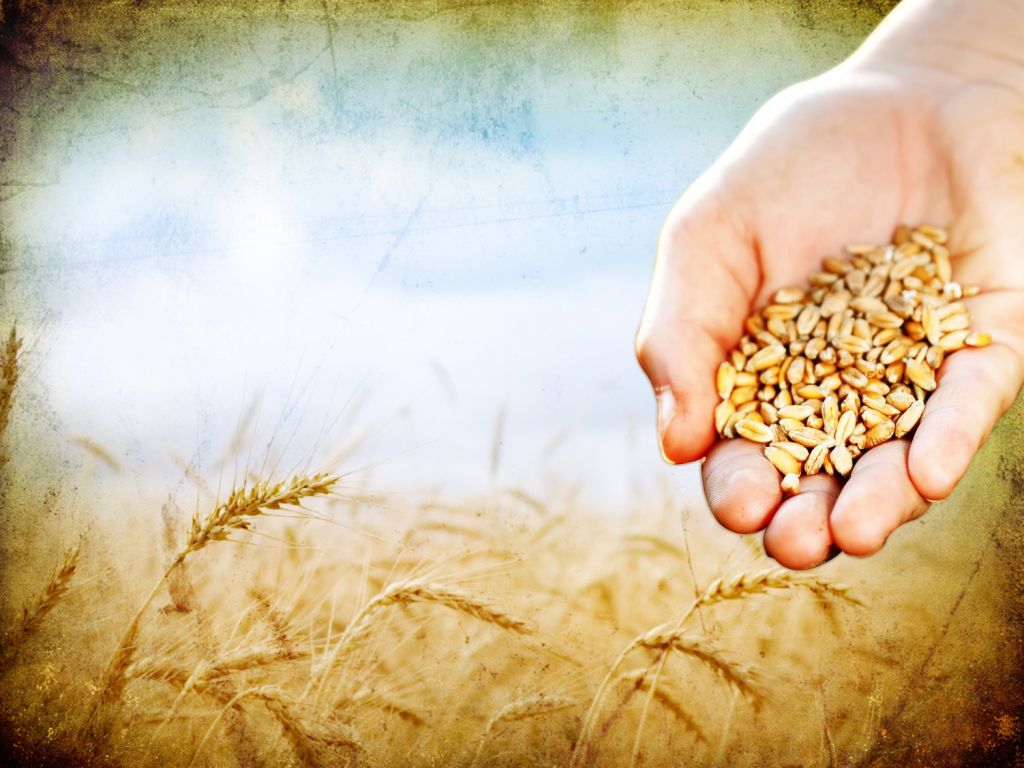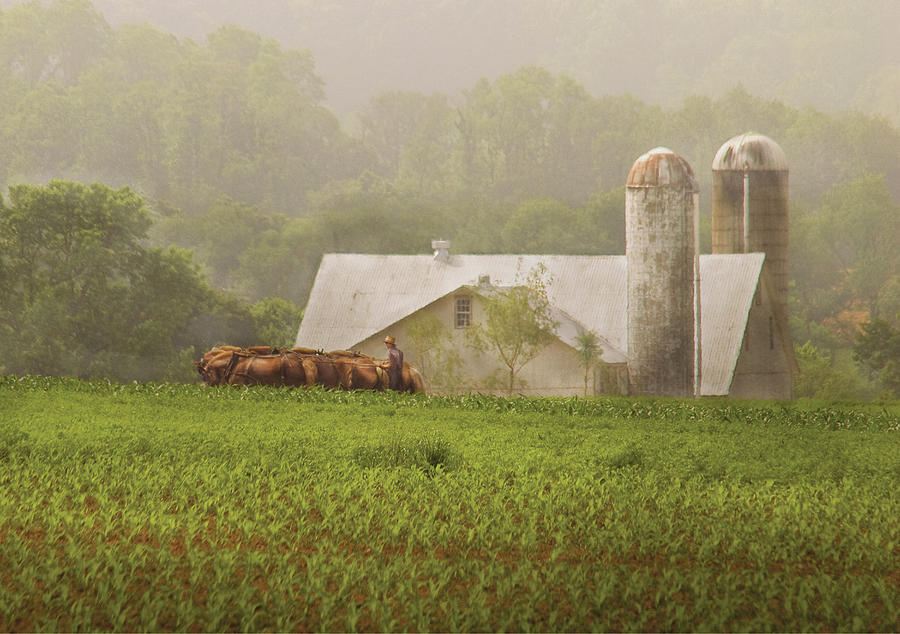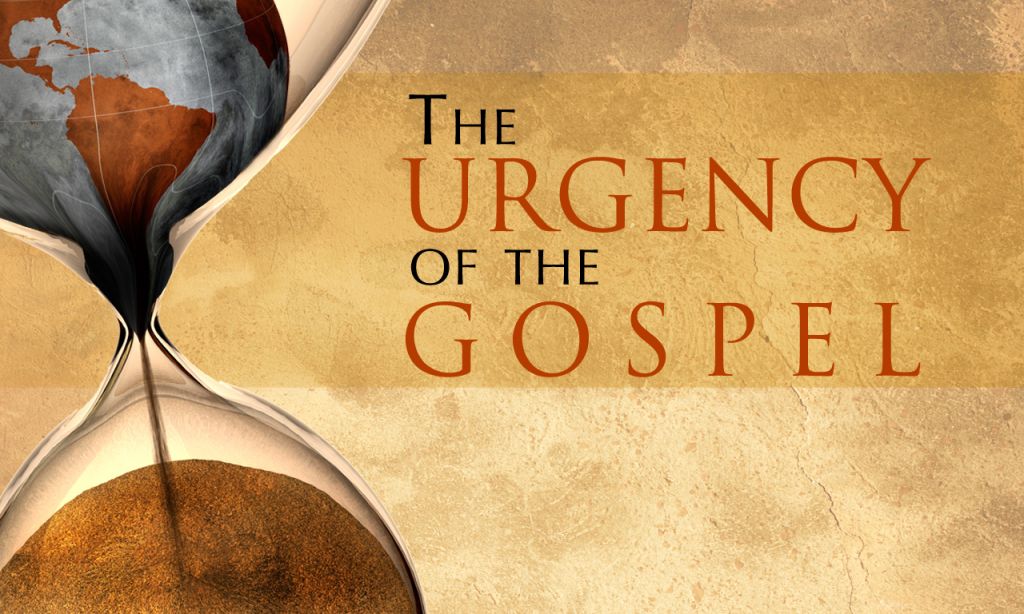
30 Apr 2015 by Jason Law CM –
Christianity has very often been presented as a relationship with God that brings rewards in its journey. Yet our Lord Jesus Christ also taught much on the principle of sowing. This is the other aspect of our faith that every Christian must cultivate and take care of.

In 2015, Glad Tidings PJ is taking the aphorism ‘Sowing and Reaping’ as a rallying cry, and on the 19th of April 2015, Rev Dr Delmer Guynes, the first General Superintendent of the Assemblies of God (Malaya and Singapore) shared a message on this principle.
A Willingness To Sow
Rev Delmer’s message was taken from the parables found in Matthew 13, which he described as a Chapter of Parables. A total of 7 parables are found within this one chapter, an indication that God takes what is written in it – specifically surrounding the topic of harvest – very importantly.

Rev Delmer shared that if we want to understand the words of God, we have to seek for it. We must have a hunger after God and a willing heart to invest, and it is not enough to just attend church. In Matthew13:11-13, Jesus tells us that to those who diligently pursue after God, will be given the power of knowledge and understanding.
This power of knowledge and understanding speaks not just of worldly knowledge but of the secrets of God’s Kingdom of Heaven. ‘It is very important as Christians that we need to hunger for the truth,’ imparted Rev Delmer. We can’t understand spiritual things by just hearing or reading about it. It is a matter of both the mind and the heart and it comes through personal experience in our walk with God.

‘If we want the Holy Spirit to talk to us, we must prepare our life and hearts for God by walking and living for Him,’ he shared. In this way, we can discern and protect ourselves from the counterfeit power and deceit of satan which Paul spoke of in 2 Thessalonians 2:9-12. So, the foundation of our faith itself is founded on our willingness to sow into the things of God.
The Parable of the Sower
There are some principles about sowing that we can learn from this chapter of the Bible. The first is found within the Parable of the Sower. In this parable, Jesus spoke about the sowing of seeds into good soil. 3 elements in this parable stand out; the Sower, the Seed, and the Good Soil. What do these elements stand for?

The Sower symbolizes Christ, the Seed the Good News, and the Good Soil the children of God’s Kingdom. There are a lot of good things in this parable, but there is an important groundwork underpinning all these good things. For a land to become good soil and produce fruits, it must first be cultivated.
Rev Delmer gave an example through the land in Israel. The ground there was hard and dry when it was first settled. Yet it produced and is still producing some of the best fruits being exported and distributed throughout the world. ‘Somebody had to plow and prepare the land. There was a process of breaking, moulding, clearing the land before it could bear fruit,’ he shared. “Where you see fruit, somebody had cultivated it.’

Rev Delmer’s father himself, a farmer in America, was an example to the young man. Such work of tending to the land was difficult. It required discipline, faithfulness, a sense of responsibility and a persistence to never give up. This principle of cultivating the physical land applies in the same way towards consecrating the spiritual land.
Today we rejoice at the great revivals we see in our own homeland as well as in other nations. Yet it was not always easy. In the early days, somebody had to plow the spiritual land. It required commitment and sacrifices from people who loved the Lord and His Word and were willing to work hard under burdening circumstances and few tangible rewards.

We owe what we have today to people who were willing to live and die for the Gospel. ‘Don’t give up on the soil,’ Rev Delmer urged. “Prepare it. Love our neighbours. Keep walking and praying for them. Never give up on our burdens for our loved ones, our cities, our nations.’
The Parable of the Wheat and the Tares
Another parable in Matthew 13:24-29 speaks another fact about the seed. The remarkable thing to take note in this parable is that we have a part to play in the story.

Many Christians today are afraid of going through trials and challenges. However, in order for a seed to grow, it first has to be planted or sowed. Being planted in the soil, the seed sprouts. Often, this will require a process of being broken. Nevertheless, seeds are supposed to develop and to bring life.
A seed can stay on the mantelpiece, polished and beautiful, but it never matures, Rev Delmer communicated. In ten year’s time, that seed will still remain merely a seed. The seed that was planted in the soil, dirty and broken at first, has meanwhile in that 10 year’s time, grown into a beautiful tree.

One nut or seed planted into the ground, cultivated with care by the Sower, blossoms into a huge tree with multiple seeds. That seed had first to be willing to be put into the ground. It had to be bendable and submissive to the Sower. It had to trust the Sower fully even in a difficult environment.
This is God’s blueprint for us, reflected even in the way He designed nature. The New Testament speaks of fruit, but in order to bear fruit, we must first be willing to trust the Sower to plant, cultivate, and prune us with His care and guidance.
|Share The Good News|




Leave a Reply